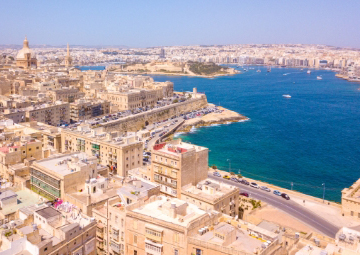2. Which business opportunity obtains licenses to use a brand name?
The business opportunity that includes obtaining licenses to utilize a brand name is commonly known as diversifying. In a diversifying course of action, a person or company (the franchisee) gets the rights to utilize a brand name, trademarks, commerce demonstration, and working framework of an set up company (the franchisor) in trade for a starting expense and progressing sovereignties.
I. Key Components of Diversifying:
- Brand Recognition: Franchisees advantage from the built up brand name, which can pull in clients and give a competitive edge within the advertisement.
- Bolster and Preparing: Franchisors ordinarily provide training and back to assist franchisees succeed. This could incorporate help with location determination, showcasing, and operational direction.
- Trade Show: Franchisees work their trade concurring to the franchisor's set up commerce demonstration, which has been tried and refined.
- Showcasing and Publicizing: Franchisors frequently handle national or territorial showcasing campaigns, which benefits all franchisees beneath the brand.
- Starting and Progressing Expenses: Franchisees pay an beginning establishment charge and continuous eminences based on a rate of their deals.
II. Illustrations of Establishment Businesses:
- Quick Nourishment Chains: Brands like McDonald's, Metro, and Burger Ruler are well-known illustrations of establishments.
- Retail Stores: Companies just Like the UPS Store and 7-Eleven offer diversifying openings.
- Service-Based Businesses: Numerous benefit businesses, such as Molly Servant (cleaning administrations) and H&R Piece (charge administrations), work as establishments.
III. Benefits and Challenges:
1. Benefits:
- Set up Brand Name: Moment acknowledgment and client dependability.
- Demonstrated Trade Model: Diminished hazard of disappointment with an attempted and tested trade demonstration. Preparing and Bolster: Persistent back and preparing from the franchisor.
2. Challenges:
- Introductory Costs: Tall starting speculation and progressing sovereignties.
- Restricted Control: Franchisees must follow the franchisor's rules and rules.
- Legally binding Commitments: Official understandings that can constrain adaptability and require adherence to strict operational standards.
Diversifying may be a prevalent business opportunity that permits business visionaries to use the victory of a built up brand name whereas working their own trade. In any case, it requires cautious thought of the budgetary and operational commitments included.
















 Processing...
Processing...